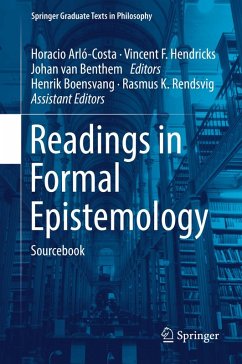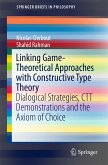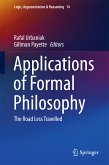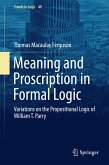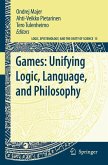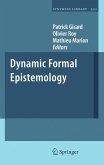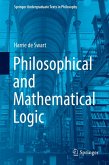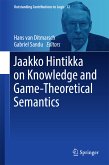'Formal epistemology' is a term coined in the late 1990s for a new constellation of interests in philosophy, the origins of which are found in earlier works of epistemologists, philosophers of science and logicians. It addresses a growing agenda of problems concerning knowledge, belief, certainty, rationality, deliberation, decision, strategy, action and agent interaction - and it does so using methods from logic, probability, computability, decision and game theory. The volume also includes a thorough index and suggestions for further reading, and thus offers a complete teaching and research package for students as well as research scholars of formal epistemology, philosophy, logic, computer science, theoretical economics and cognitive psychology. ¿
Dieser Download kann aus rechtlichen Gründen nur mit Rechnungsadresse in A, B, BG, CY, CZ, D, DK, EW, E, FIN, F, GR, HR, H, IRL, I, LT, L, LR, M, NL, PL, P, R, S, SLO, SK ausgeliefert werden.
"The editors perform a valuable service in collecting and organizing a set of essays that can provide the dedicated reader with a firm and comprehensive background in formal epistemology. ... Readings in Formal Epistemology is a wonderful set of skillfully edited essays. Every graduate student and young researcher working in formal epistemology should read the essays in this volume." (Conor Mayo-Wilson, Metascience, Vol. 26, 2017)

